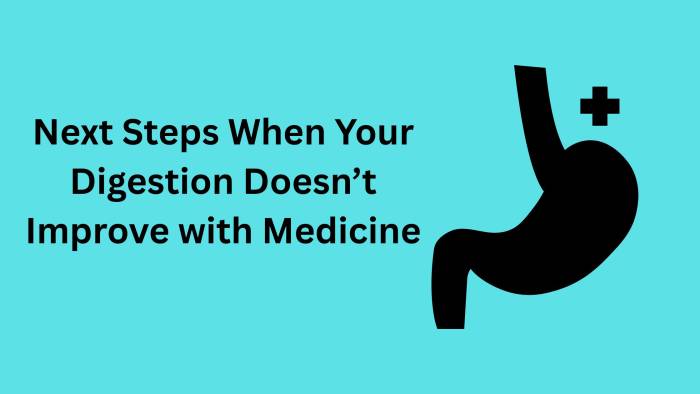
Next Steps When Your Digestion Doesnt Improve with Medicine
For many, digestive issues like bloating, acid reflux, constipation, or chronic stomach pain are part of daily life. Usually, we turn to over-the-counter antacids, probiotics, or prescribed medications to find relief. But what if these solutions stop working—or never worked at all? When medicine doesn’t help your digestion, it’s time to dig deeper and take the next step.
1. Start with a Specialist Evaluation
If you're struggling with persistent symptoms despite medications, it’s wise to consult a gastroenterologist in Agra. These specialists are trained to diagnose and manage complex digestive disorders, including IBS, GERD, ulcers, Crohn’s disease, and food intolerances. A detailed consultation and diagnostic testing like endoscopy, colonoscopy, or imaging may reveal what general treatment misses.
2. Identify Food Triggers and Allergies
Food sensitivities are often the hidden culprits behind recurring digestive problems. Common triggers include dairy, gluten, FODMAPs (fermentable carbs), and artificial sweeteners. An elimination diet or food sensitivity test, often recommended by a gastroenterologist or a dietitian, can help identify what’s causing distress. Sometimes, just cutting out one offending item like lactose can bring drastic improvement.
3. Look Into Lifestyle and Stress Factors
Digestion is closely linked to lifestyle and mental health. Chronic stress, irregular sleep, poor hydration, lack of exercise, or even eating too quickly can upset your digestive system. If medicine isn’t working, it’s time to assess your habits. Practices like mindful eating, yoga, and stress management techniques can significantly improve digestion.
4. Consider Functional Gastrointestinal Disorders
If all tests come back normal, but your symptoms persist, you may be dealing with a functional disorder like Irritable Bowel Syndrome (IBS). These conditions don’t always show physical abnormalities but cause real discomfort. Treatment may include dietary adjustments, gut-directed therapy, and sometimes cognitive-behavioral therapy.
5. Explore Advanced Treatments
When conventional methods fail, treatments like biofeedback, gut microbiome therapy (such as FMT), or prescription-grade probiotics may help. These options should always be discussed with the best gastroenterologist in Agra for safe and effective guidance.
Final Thoughts:
If you’re relying on medicine but still suffering, don’t settle. Listen to your gut—literally—and take that next step. With the right diagnosis and holistic approach, digestive relief is absolutely possible.
Still struggling with unresolved digestive problems? Schedule an appointment with Agra’s leading gastrointestinal experts at Safe Surgery Center. Let us help you find real relief.



